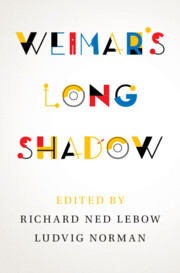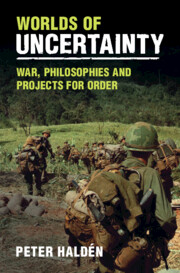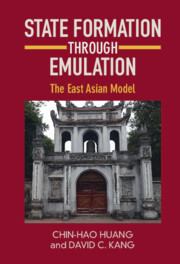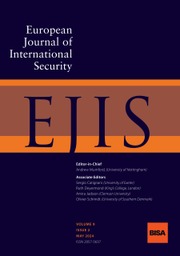Weimar's Long Shadow
Weimar casts a long shadow over post-war political thought. The Weimar Republic is used to understand contemporary threats to democracy and to critique or defend modernity. It has generated a series of political lessons that are invoked whenever democracies are challenged. This book questions the historical validity of most of these lessons and their applicability to contemporary political orders. It shows how Weimar lessons are often influenced by partial and superficial readings of events, often intended to advance particular political projects. The chapters give detailed accounts of how so-called Weimar lessons have influenced, if not shaped, political debates in Germany, elsewhere in Europe, and the United States.
- Develops theoretical insights into the problem of relying on historical lessons to assess democratic fragility
- Explores the role of culture, including the roots of on-going culture wars, and its relationship to modernity
- Links cultural analysis to the political analysis of democratic stability, placing contemporary debates on threats to democracy into historical perspective
Reviews & endorsements
‘Weimar's Long Shadow magnificently captures the relevance of Germany's first failed experiment in democracy for our own troubled times. The authors do not exaggerate the similarities. Rather, in essays that range from treatments of Strauss and Trumpian Straussians, to militant and social democracy, and the TV series Babylon Berlin, they illuminate concerns central to us now.' David Dyzenhaus, University Professor of Law and Philosophy, Toronto
‘This stimulating book shows that Weimar is more than a negative model for the collapse of democratic regimes. It makes a strong case for using analogies as a fruitful device for a more careful consideration of the complexities of modernity. The case of Weimar therefore continues to be of great systematic value to both international historians and political scientists.' Wolfram Pyta, University Professor and Head of the Department of Modern History, University of Stuttgart
‘As the paradigm of democratic fragility, the Weimar Republic has both sensitized and blinded thinkers to the dangers of later situations. Even as they anatomize the mechanisms that flatten analogy into ‘lessons learned,' these essays exemplify a better use of history: open-ended engagement with cases to generate questions for the present.' Dorothy Noyes, The Ohio State University
‘Highly recommended.’ G. P. de Syon, Choice
Product details
June 2024Hardback
9781009484343
286 pages
229 × 152 × 18 mm
0.576kg
Available
Table of Contents
- 1. Why Weimar? Richard Ned Lebow and Ludvig Norman
- 2. An unheroic but understandable failure: German social democrats and the collapse of the Weimar Republic Douglas Webber
- 3. Bonn's Weimar Peter C. Caldwell
- 4. The paradigmatic example of Weimar and postwar political science: the case of Otto Kirchheimer Peter Breiner
- 5. Swedish social democracy and Weimar: engineering the democratic population with the Myrdals Ludvig Norman
- 6. Our past, Weimar's present: democracy's defense and the inversion of an historical lesson Amel Ahmed
- 7. Weimar on the Potomac? Leo Strauss goes to Washington William E. Scheuerman
- 8. Shadows of Babylon and shreds of artificial silk: cultural and political legacies in the contemporary television series 'Babylon Berlin' Jill Suzanne Smith
- 9. Militant democracy: a (supposed) Weimar lesson revisited Jan-Werner Müller
- 10. Weimar and modernity Richard Ned Lebow and Ludvig Norman.








